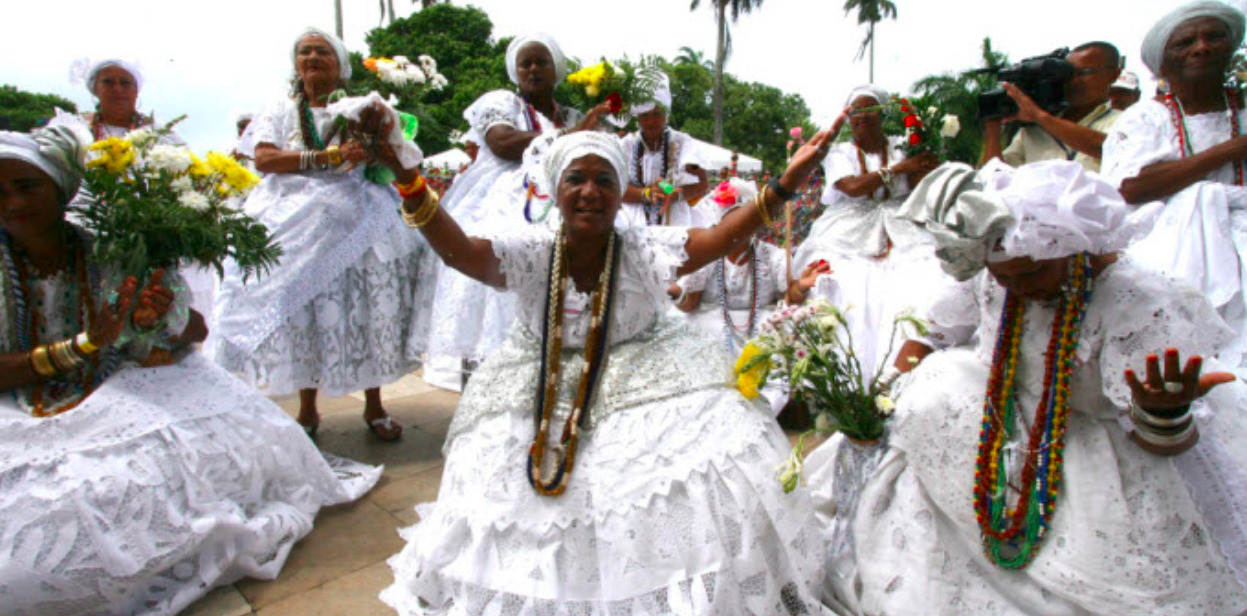Brazil’s President Luiz Inácio Lula da Silva has passed Law 14.519/2023 introducing the “Dia Nacional do Candomblé”.
This is celebrated annually on March 21st. The new law goes back to a project by Federal MP Vicentinho (PT-SP). The text was adopted both in the Chamber of Representatives and in the Senate (where it was edited as PLC 69/2018). The project originally envisaged a celebration on September 30th.
In the Senate, however, the rapporteur for the Education, Culture and Sport Commission, Senator Paulo Paim (PT-RS), proposed changing the date. He pointed out that March 21 was declared International Day against Racial Discrimination by the United Nations (UN).

“The occasion commemorates the massacre of 69 black people peacefully protesting segregation in South Africa in 1960,” Paim said when the matter was approved by the commission.
Analyzing the project in the Senate plenary, Paim pointed out that up until the 1960s, Candomblé practitioners were mainly found in the states of Bahia and Pernambuco.
Later, he noted, the Candomblé spread as people migrated from the north-east to the south-east of the country. It is estimated that 3 million Brazilians practice this religion. There are about 2,230 registered “terreiros” in the city of Salvador alone.
STORY
The Candomblé originated on the African continent, in the region of what is now the Federal Republic of Nigeria, and accompanied the numerous waves of slaves that went to Brazil in the 16th century.
The religion, which had been banned and discriminated against for centuries and whose adherents suffered imprisonment and persecution, used syncretism to legitimize itself by associating the Orixás with Catholic saints.
Each of the Orixás has specific characteristics and preferences, such as dances, foods, colors, instruments, and greetings. The rituals are performed in places known as “terreiros”, “casas” or “roças”.
The leadership of each of these places can be matriarchal, with the figure of the ialorixás (or mothers of saints), or patriarchal, where the babalorixás (or fathers of saints) exercise leadership. There are also places of practice that allow for mixed leadership.
With information from latinapress

